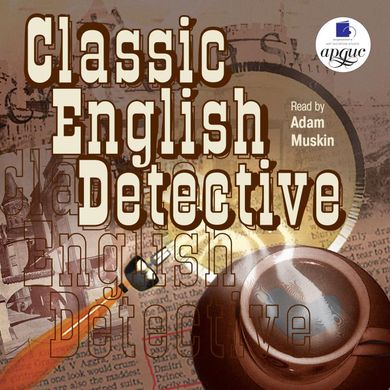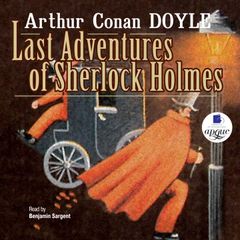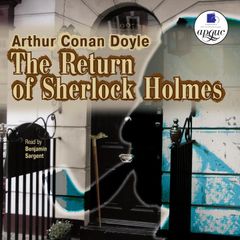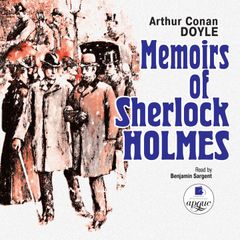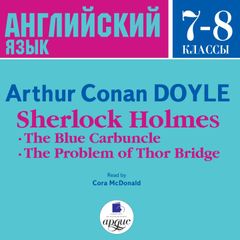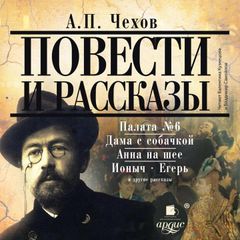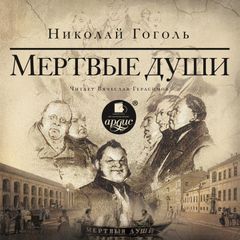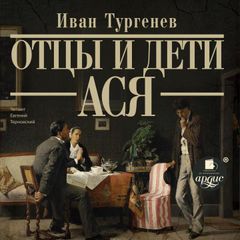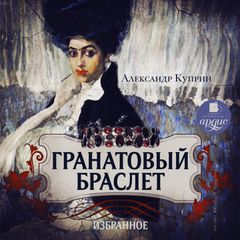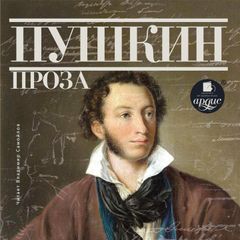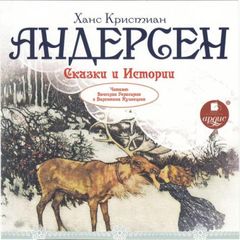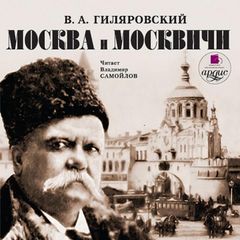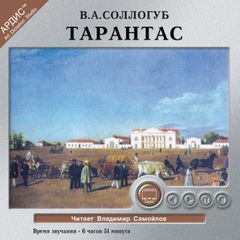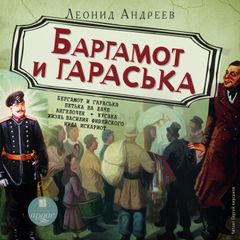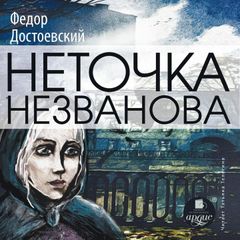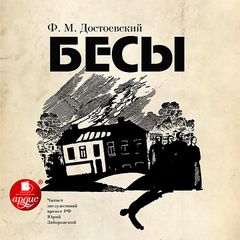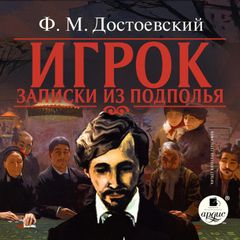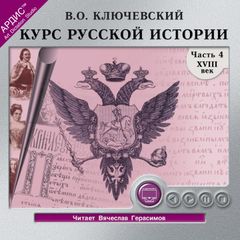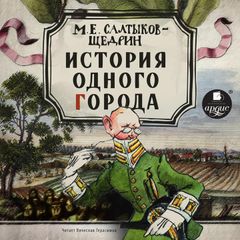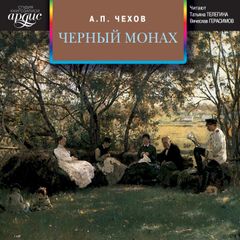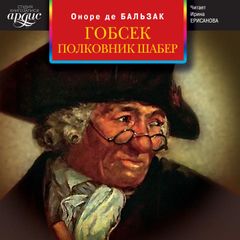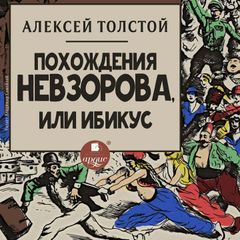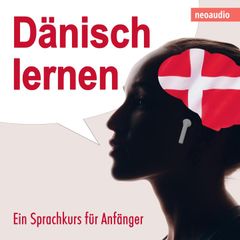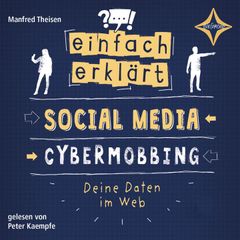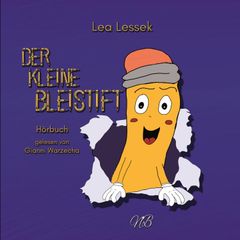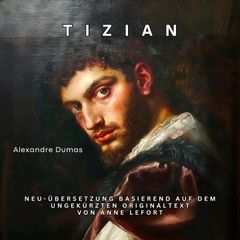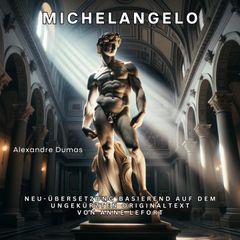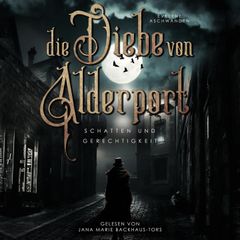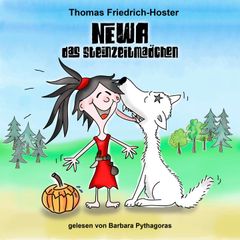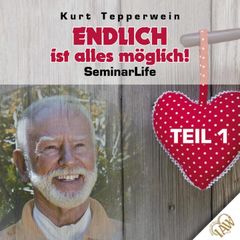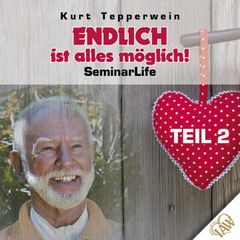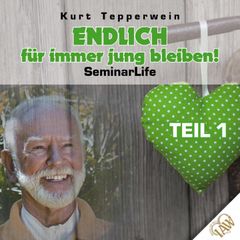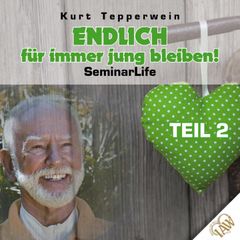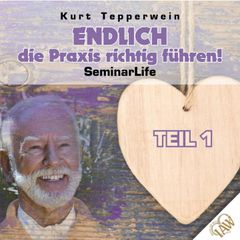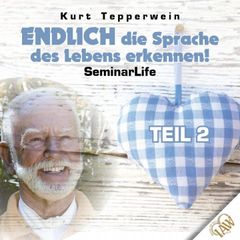- Audiobook
- 2021
- 3 hrs 41 mins
- Ардис
- Non-fiction
Search Links
Title
Classic English Detective
Description
Both Arthur Conan Doyle and Gilbert Keith Chesterton are known as masters of the detective. But not everyone know the first one as the only breadwinner of a large family, a participant in a whale hunt, a physician, a participant in the Boer War and World War I, the author of a simple love story, and the second as a poet, artist, religious thinker, playwright, literary critic and even a lecturer on radio. Despite the interesting full life and many merits of both writers, they are especially appreciated by fans of detective. It is to them that modern writers are obliged to create a flexible plot, logically perfect reasoning, to bewitch and intrigue the reader.
Doyle's detective is an intellectual, a logician. Chesterton's sleuth is an intuitive. Common to both detective stories is the realistic depiction of everyday life and psychology, social relations and conflicts, the romantic acuteness of events and characters, the fascination of intellectual games. Detectives are based on the belief in the power of reason and assert the triumph of law and order.
Professional American actor Adam Muskin will accompany you in the labyrinths of the intellectual game.
In the collectition:
A.C. Doyle. The Red-headed League
A.C. Doyle. The Boscombe Valley Mystery
G.K. Chesterton. The queer feet
G.K. Chesterton. The flying stars
On public lists of these users
This audiobook is not on any list yet.
Product details
Publisher:
Author:
Title:
Classic English Detective
read by:
Fabely Genre:
Language:
EN
ISBN Audio:
4064066547271
Publication date:
April 13, 2021
Duration
3 hrs 41 mins
Product type
AUDIO
Explicit:
No
Audio drama:
No
Unabridged:
Yes
About the author:
Sir Arthur Conan Doyle was born in Edinburgh in 1859 and died in 1930. Within those years was crowded a variety of activity and creative work that made him an international figure and inspired the French to give him the epithet 'the good giant'. He was the nephew of 'Dickie Doyle' the artist, and was educated at Stonyhurst, and later studied medicine at Edinburgh University, where the methods of diagnosis of one of the professors provided the idea for the methods of deduction used by Sherlock Holmes.
